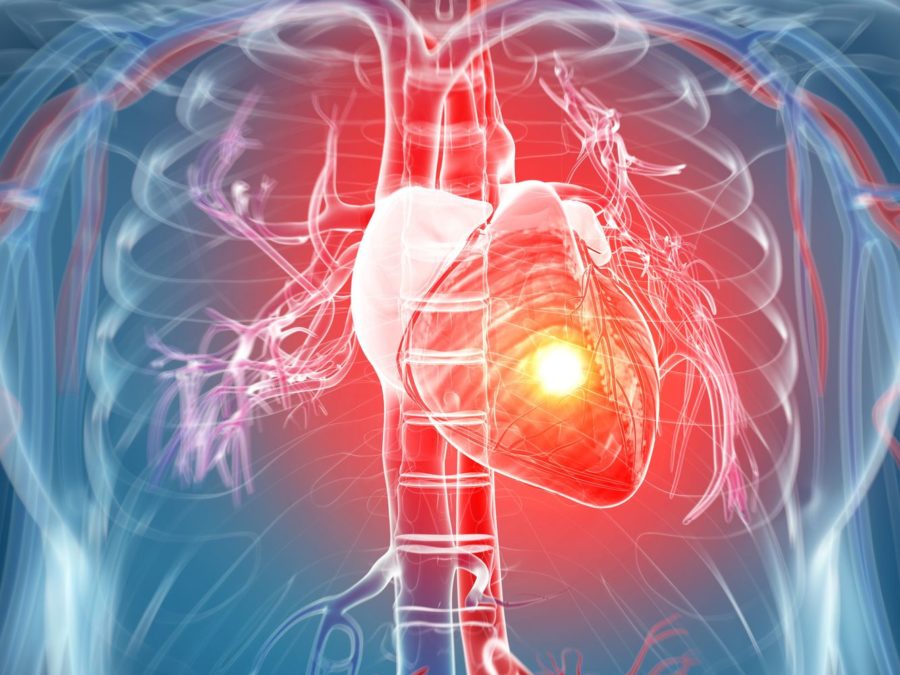“Of the estimated 805,000 heart attacks each year in the U.S., a projected 170,000 of them are silent heart attacks, according to statistics from the American Heart Association.“
The following written content via Newsmax
In 2014, Marian Butts was hospitalized for fluid in her lungs. Right before being released, a cardiologist told her she had some heart damage from a previous heart attack. That was a shock to her and her family.

Years before, the Chesapeake, Va., resident, who has diabetes, had been treated for ongoing acid reflux and indigestion. That is one of the symptoms sometimes connected to a silent heart attack.
“We didn’t recognize it. We hadn’t even heard of a silent heart attack before,” said her daughter, Debra Brabson. Her mother hadn’t suffered from chest pain, shortness of breath or other more recognized signs of a heart attack.
Also called silent ischemia or a silent myocardial infarction, it may present with minimal, unrecognized or no symptoms at all. And it is more common than one might expect, said Dr. Michael Kontos, a cardiologist with VCU Health Pauley Heart Center in Richmond, Va.
Of the estimated 805,000 heart attacks each year in the U.S., a projected 170,000 of them are silent heart attacks, according to statistics from the American Heart Association.
“Most people would accept that women and people with diabetes are more likely to have silent or unrecognized (heart attacks),” Kontos said.
The symptoms of a silent heart attack can include indigestion, feeling like you have a strained muscle in the chest or upper back, or prolonged, excessive fatigue.
It is only later that evidence of a heart attack is discovered when a patient is being examined for another problem using an electrocardiogram or imaging test, such as an echocardiogram or cardiac MRI.
“Many times, people think that it is something else, and they get an EKG or echocardiogram and they end up getting diagnosed with a heart attack that they didn’t know they had,” said Dr. Leslie Cho, director of the Women’s Cardiovascular Center at the Cleveland Clinic. “Oftentimes, people will say there was an episode where, ‘I was very short of breath or tired, but I thought I was working too hard,’ or whatever they thought it was.” Read more from Newsmax Health.





